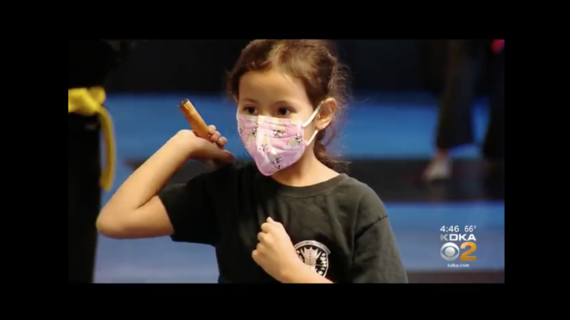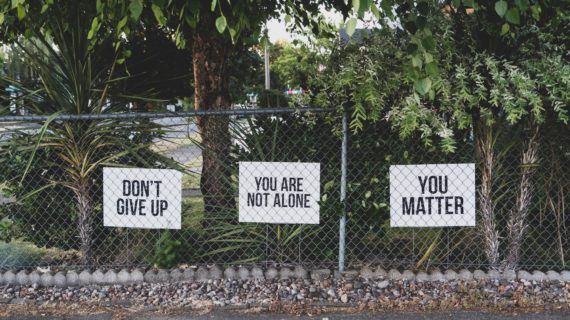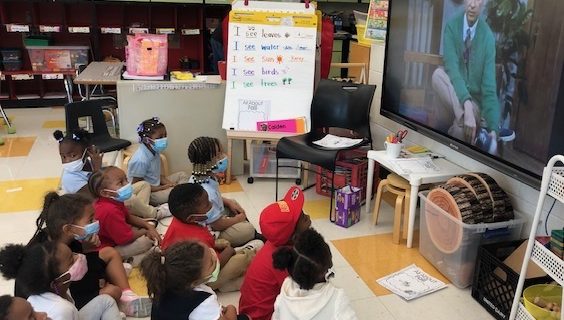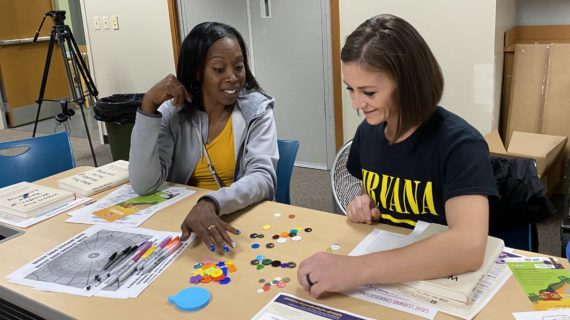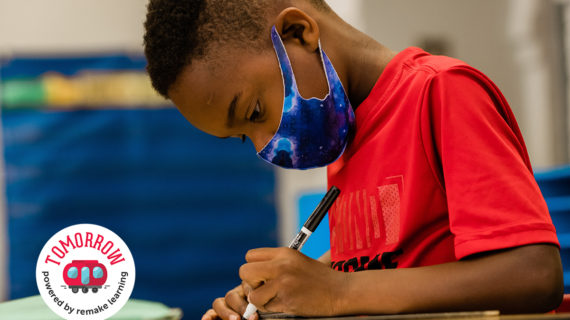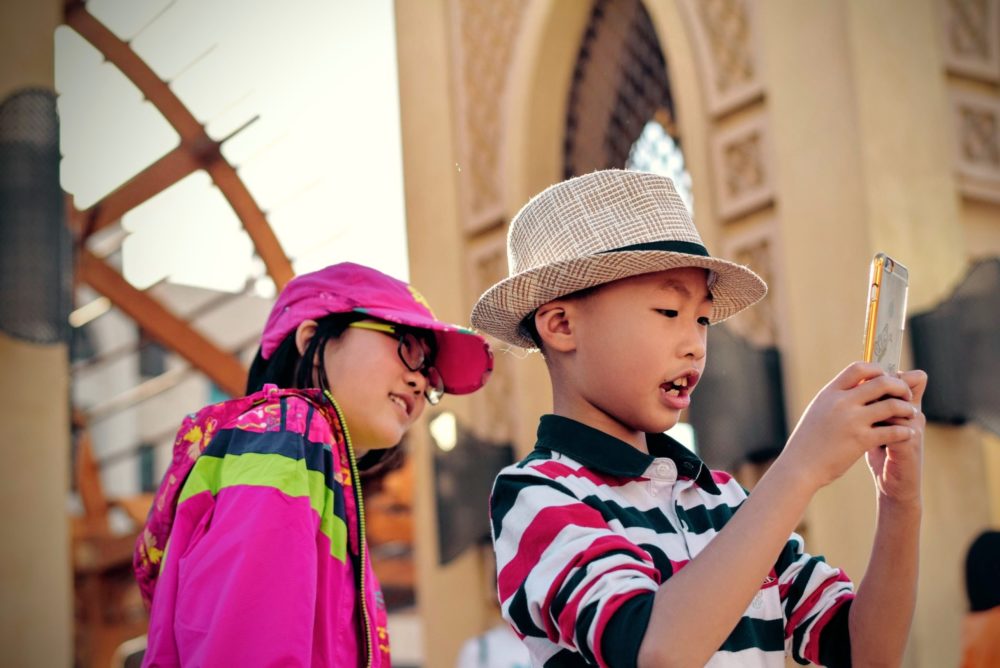
Practical tips for easing kids’ social media anxiety
Teens text, tweet, snap, and post like crazy. In fact, about half of teens use social media every day, and for some, this means checking Instagram, TikTok, or Snapchat dozens (or hundreds!) of times a day. While many teens find connecting with friends online a positive experience, social media can affect kids’ mental health — especially tween girls. The tricky part for parents is identifying the tipping point between a healthy relationship to social media and its negative effects. You can do this by understanding how your kid uses various platforms, helping them learn to recognize their own limits, and supporting them in finding a healthy balance of online and offline socializing.
Though fear of missing out (FOMO) is a classic sign of social media distress, it’s hard to know what’s natural teen angst and what’s cause for concern. Many parents have observed their previously outgoing teen grow increasingly withdrawn as they become more immersed in social media. But research into a potential link between increased smartphone and social media use and teen mental health diagnoses has yet to pinpoint a direct cause. Still, the correlation is strong enough to suggest parents approach social media with care, especially if your kids are in a high-risk group.
Simply being aware of what your kids are doing, what kinds of experiences they’re having, and how they feel about their interactions can go a long way toward protecting your kid. If you see your kids struggling — maybe they’re always stressed out after being on the phone or they’re staying up too late texting — step in. Here’s what you can do:
Listen. It can be easy to dismiss social media stress as superficial, but for many tweens and teens, social media is social life.
Don’t judge. Snapchat seems a little dumb, doesn’t it? But for tweens and teens, connecting with their peers is a normal part of child development. For you, it meant hours on the phone. For them, it means lots and lots of rainbow vomit. Accept that this is important to them.
Encourage their offline lives. FOMO can chip away at kids’ self-esteem, but the best defense is a strong sense of what makes kids unique, worthy, and valuable. Help kids participate in sports, clubs, drama, volunteer work, or even online hobbies to help them weather the ups and downs of social media anxiety.
Set limits. Listening and validating are important, but parents also need to set some basic limits around when and where the phone or computer can be used. Start with turning phones off an hour before bedtime and storing them in your room to help kids resist the temptation to stay up late texting. You can suggest they tell their friends they’ll be signing off at a specific time, so they won’t be expecting a response.
Shift the focus. If kids are feeling overwhelmed by keeping up with all the online social stuff, encourage them to focus on doing something. Maybe they can create their own memes, choreograph their own dances, or design their own games. Encouraging kids to use the creative side of social media tools can shift their focus to a sense of accomplishment.
Use social media settings. All apps have settings to help you keep a lower profile. You can turn off your status so friends don’t know that you’re online, mute people to disengage for a while, and go into “ghost mode” so your friends can’t find you. Some apps even have features that limit your time or remind you to take a break. Using these settings lets you take some control over your use, which can help relieve anxiety.
Ask open-ended questions. You don’t need to solve their problems for them. But you can help them think about what is and isn’t working for them. Here are some questions to try:
- Are there any habits you might want to change? (Such as not checking your phone before bed.)
- What would happen if you turned off your phone? For an hour? A day?
- Have you thought about rewarding yourself for not checking your phone or social media for a certain amount of time? (Make a game of it!)
- What are the pros and cons of using Instagram and other social-networking apps?
- What would happen if you unfollowed or unfriended someone who was making you feel bad on social media?
- Do you notice that you have better or worse reactions to posts or messages depending on how you feel that day?
The Child Mind Institute contributed to this article. Learn more at childmind.org.
To learn more about how young people have been using social media and digital health tools to take care of their mental health during the pandemic, see Coping with COVID-19: How Young People Use Digital Media to Manage Their Mental Health.
Looking for more mental health support? Check out these mental health stories and resources from Kidsburgh.


